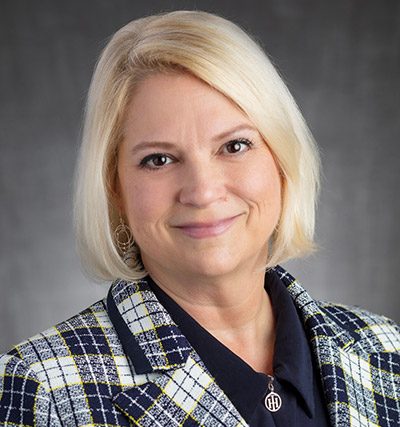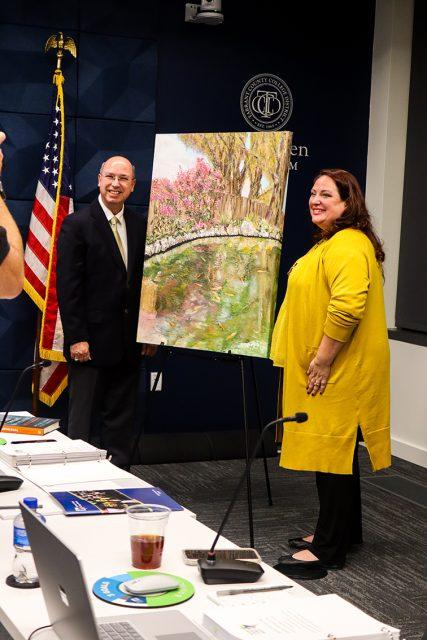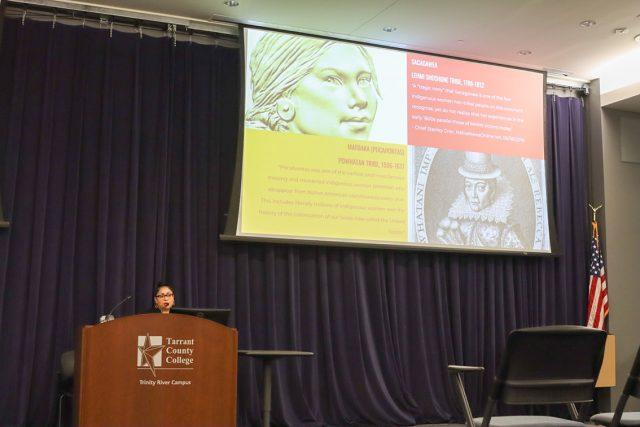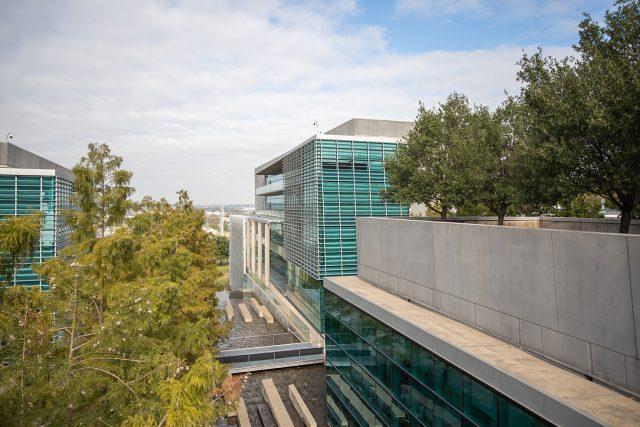
KEYLA HOLMES
campus editor
keyla.holmes@my.tccd.edu
While many kids are excited for summer to come back, considering those that may be having to spend all day in abusive homes is important to keep in mind.
For some, going to school can be an escape from the problems at home. Although plenty of books and movies portray kids being overjoyed for school to come to an end, it can be a bittersweet experience.
It can be harmful for students when their teachers and peers are talking about summer in one positive light. For many, summer break is filled with sleepovers, camping, swimming and traveling. However, not everyone has it that good.
Being asked questions such as, “Are you doing anything fun this summer?” can inadvertently be putting a child in an uncomfortable situation.
Even going around the class and having everyone talk about what they did over the break can be difficult to navigate if you’re living in an unhealthy household, or something traumatic happened while on break.
It can leave someone feeling more isolated and misunderstood than they may have already been feeling. Making sure students are aware of how to get in touch with their school counselors can really be helpful for students who may need to talk to someone.
While teachers may unintentionally put kids in uncomfortable situations in regards to summer break, students can too. Other kids can make it seem like it’s supposed to be full of fun.
Although that makes sense, it can remind the student living in a difficult situation how much fun they won’t be having. Students can also brag about the trips they’re going on. With kids and young adults already struggling with body image and wanting to be well liked on social media, summer can be full of triggers. From all the vacation posts to bikini pictures, a student can just feel worse about their circumstances. Being expected to look forward to summer as if it’s the pinnacle of a young person’s experience can just do more harm than good.
Which is why letting kids know that they’re not alone can be really important. In elementary school I feel like I never really heard anyone bring up how summer break could be a difficult time.
Creating safe spaces for kids to discuss any concerns they may have for the months ahead may help students who won’t be able to have a Sandlot like summer break.
It wasn’t until high school that I remember a teacher responding to a student who’d said, “who doesn’t like summer?” She brought up the idea of how summer break could actually be something that someone may not be looking forward to. She reminded us of how important it is to be open minded, and consider those who may see school as an out.































